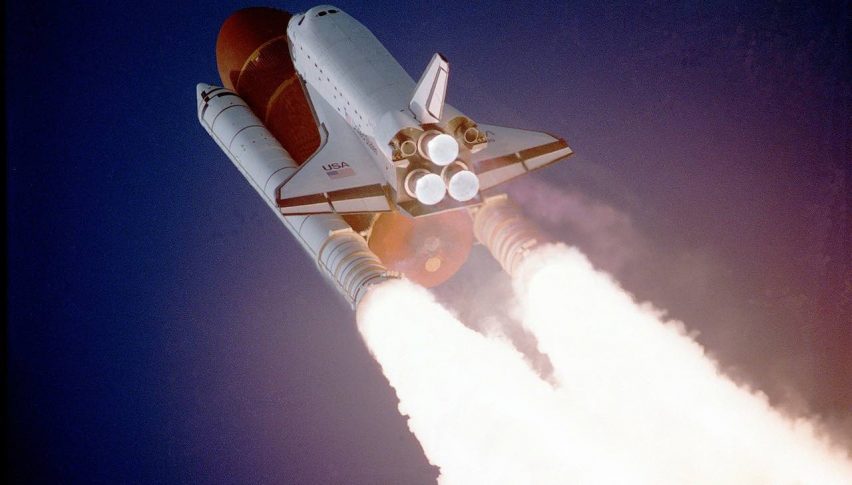Space Startups Have Raised $19 Billion — What’s Driving the Boom?
Defense priorities are being redefined: governments want to accelerate the adoption of agile, scalable, AI-powered tech, creating demand.

Quick overview
- In 2025, aerospace and defense startups raised over $19 billion in venture capital, nearly doubling the previous year's total.
- Significant investments include Anduril Industries' $2.5 billion raise and Chaos Industries' $510 million for autonomous radar technology.
- Smaller startups are also thriving, with Onebrief surpassing a $1 billion valuation after raising $20 million.
- The surge in funding is driven by a shift in defense priorities and venture funds reallocating capital towards defense and space technologies.
Investors are pouring millions into startups focused on AI, drones, advanced radar systems, and autonomous defense technologies.
![]()
In 2025, aerospace and defense startups raised more than $19 billion in venture capital—almost double the $10 billion collected the previous year—signaling a remarkable shift in the sector.
Massive amounts of capital are flowing into new technologies centered on AI, drones, advanced radar, and autonomous defense systems, driven by the accelerating push for military modernization across multiple countries.
One of the standout deals was the $2.5 billion raise by Anduril Industries, the autonomous weapons company founded by Palmer Luckey, which reached a valuation of $30.5 billion.
Another significant transaction came from Chaos Industries, which secured $510 million in its latest round as it develops autonomous threat-detection radar technology.
Meanwhile, autonomous maritime startup Saronic raised $600 million, achieving a valuation of $4 billion.
Smaller startups are raising millions too
The boom isn’t limited to major players. Numerous small and mid-sized companies have also landed substantial funding. Onebrief raised $20 million in an extension of its Series C, surpassing the $1 billion valuation threshold.
Elsewhere, Conductor AI—founded by former Palantir employees—secured $15 million to develop AI software aimed at streamlining government processes, while Dirac raised $11 million to build AI tools that improve the assembly of industrial and defense machinery.
Even niche projects attracted investor attention. AndrenaM raised $10 million in just 36 hours to enhance sonar-data analysis—acoustic signals used to detect and map underwater objects—through AI. Pilgrim, a biotech startup building medical devices for battlefield use, secured $4.3 million after a widely acclaimed public demo.
Why the record flow of capital?
Several forces are driving the surge. First, defense priorities are being redefined: governments want to accelerate the adoption of agile, scalable, AI-powered technologies, creating direct demand for emerging companies.
Second, many venture funds that once focused on software or infrastructure are now reallocating capital toward defense tech and space tech, convinced these sectors will offer sustained long-term growth.
This wave of investment marks a turning point. Defense-tech startups have moved from niche curiosity to one of the hottest areas in global venture capital.
If these companies succeed in delivering practical technologies—autonomous drones, intelligent radar systems, cyber defense tools, critical-infrastructure IoT, satellite-space capabilities—they could reshape not just military markets but also industrial and commercial sectors worldwide.
The bets made in 2025 may ultimately shape the next 10–15 years of innovation in defense, space, and automation.
- Check out our free forex signals
- Follow the top economic events on FX Leaders economic calendar
- Trade better, discover more Forex Trading Strategies
- Open a FREE Trading Account